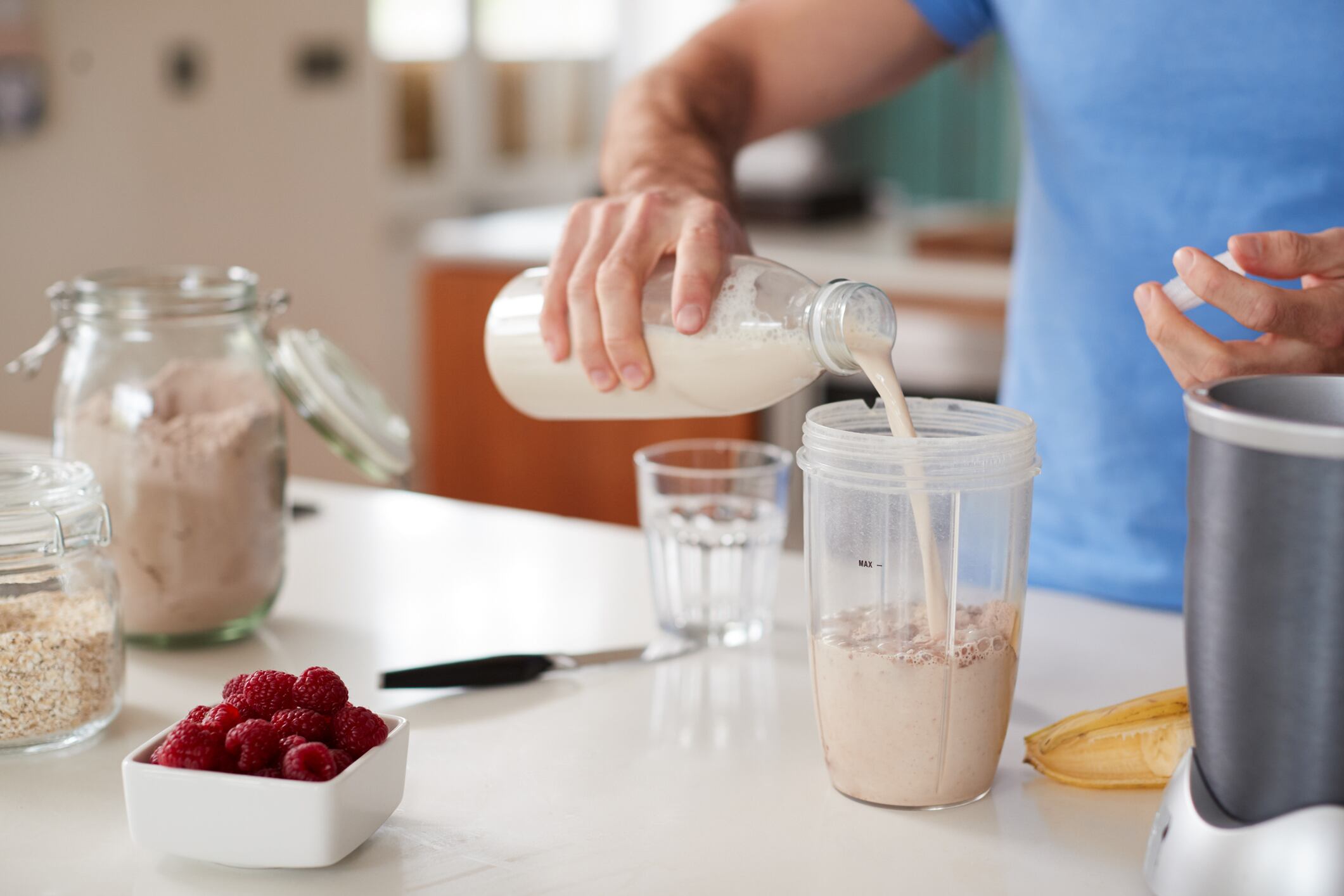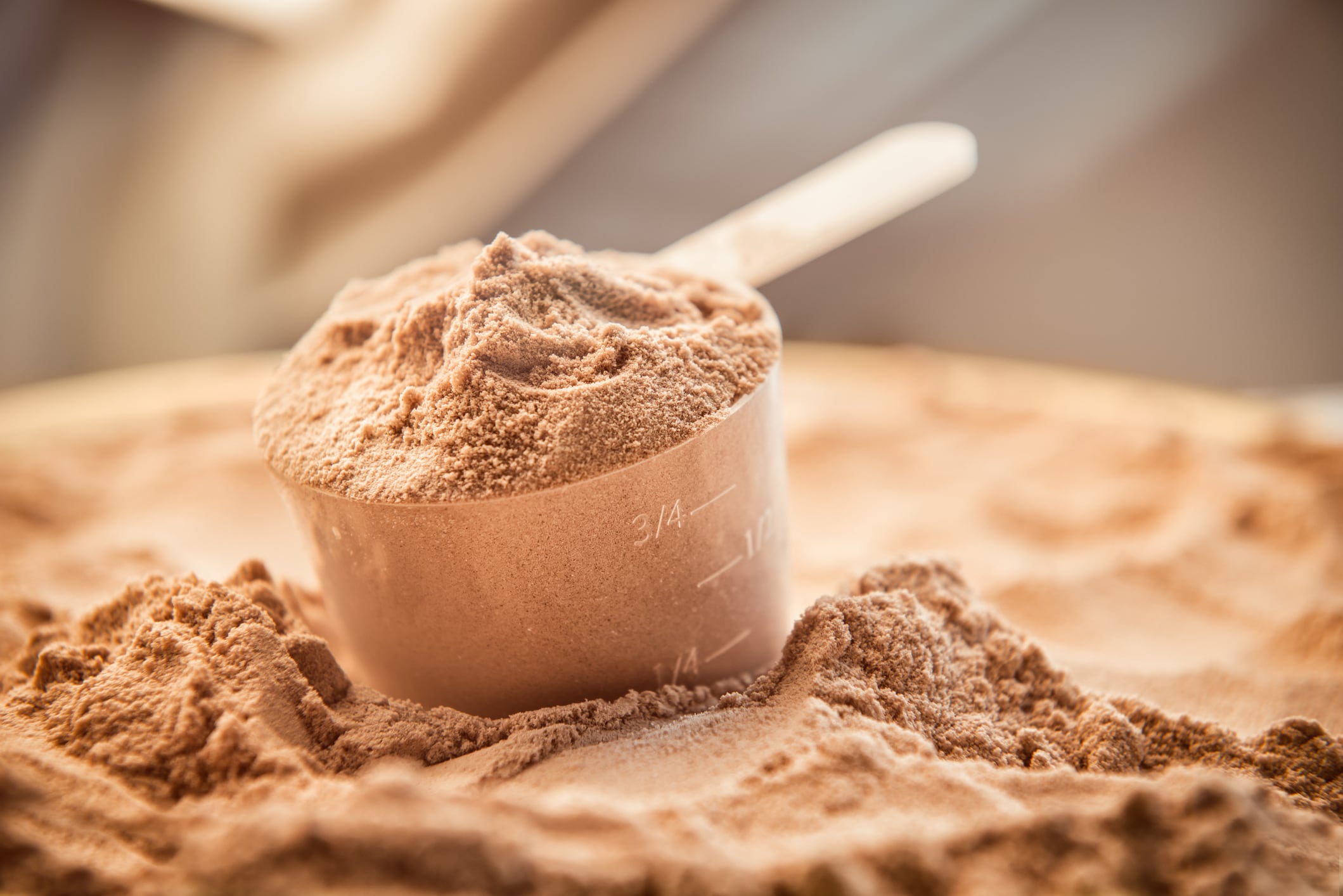Animal-derived proteins such as whey, are often cited as being of high quality due to their favourable rates of absorption, comprehensive amino acid profile and high levels of branched-chain amino acids. Whey and casein have also been shown to regulate appetite by increasing satiety and reduce subsequent energy intake. These factors have led to an exponential growth in the adoption of whey protein in consumer products such as beverages and functional foods for appetite regulation and performance nutrition applications.
At the same time, global concerns on sustainability have led to consumer shifts towards ethical eating and a change in dietary habits with increased adoption of vegetarian and vegan diets. However, to date, acute comparisons of appetite and glycaemic responses between animal and plant-derived protein have only focused on soy and pea protein isolates compared to whey. These studies have suggested that soy and pea protein isolates elicit comparable effects on insulin, glucose and appetite regulation.
The current study was designed to investigate the acute effects on glycaemic indices, gut hormones and subjective palatability and appetite ratings of two high-quality, plant-derived protein isolates; potato protein isolate (Solanic100, ProteinmiXer.com, Bonn, Germany) and rice protein isolate (Organic Oryzatein Silk 90, Axiom Foods/Growing Naturals, Inc., Los Angeles, CA, USA), against a high quality whey protein isolate-BiPRO (Davisco Foods International, Inc., Eden Prairie, MN, USA) using a randomised, blinded, cross-over design study.
During the study, the blood metabolic response of nine male participants (aged 21-47) was measured after drinking either potato, rice and whey protein shakes.
Participants attended the lab following a 12 h overnight fast and were presented with one of the three identical isocaloric protein shakes on different days, with at least a one-week washout period between visits.
Blood samples were taken before ingestion and then 30, 60, 120 and 180 minutes after ingestion. Visual analogue scales were completed to measure subjective palatability and satiety.
The researchers found no significant difference in average appetite perception between the different proteins but both plant-derived proteins had a lower insulinaemic response and improved glucose maintenance compared to whey protein.
The research observed that vegan protein shakes led to a lower rise in blood insulin compared to whey, while potato protein prevented any rise in insulin. This may explain the better blood glucose control following consumption of the plant-based protein.
Interestingly, release of the key appetite regulating hormone GLP-1 was greater after drinking the whey protein shake. However, the greater GLP-1 response did not translate to an increased feeling of fullness as there were no differences observed in appetite perception between the three different protein shakes.
The report concludes: "The current data sheds more light onto the area of amino acid digestion/absorption and suggests that as well as the amino acid composition, the rate of digestion/absorption of BCAAs, essential amino acids (EAAs), total amino acids (TAAs) or individual amino acids may influence the release of incretin hormones (in this case GLP-1), which leads to insulinotropic effects.
"This may suggest that a threshold exists for incretin hormone release in the presence of amino acid digestion/absorption and that the potato protein described in the current study was below this threshold for GLP-1 sensing/stimulation. In contrast, whey and rice protein isolates breached this threshold and therefore triggered GLP-1 release, which stimulated insulin release to restore glucose homeostasis...
"Taken together, this study sheds light on the implications of the protein source on glycaemic, insulinaemic and appetite regulation. These metabolic responses may elicit potential benefits for populations where tighter control of glycaemic and insulinaemic regulation may be beneficial while maintaining total protein intake."
Source: Nutrients
Tiekou Lorinczova, H.; Deb, S.; Begum, G.; Renshaw, D.; Zariwala, M.G.
"Comparative Assessment of the Acute Effects of Whey, Rice and Potato Protein Isolate Intake on Markers of Glycaemic Regulation and Appetite in Healthy Males Using a Randomised Study Design"
https://doi.org/10.3390/nu13072157




